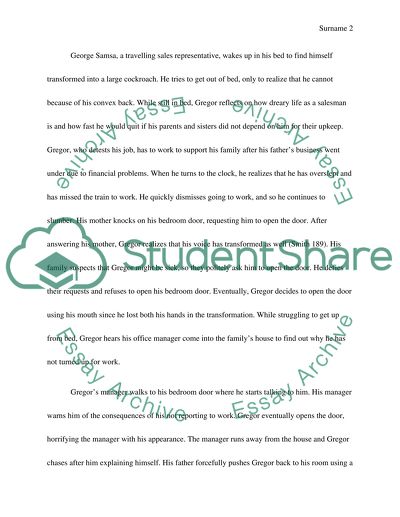Cite this document
(“Analysis of Characters Research Paper Example | Topics and Well Written Essays - 1500 words”, n.d.)
Retrieved from https://studentshare.org/literature/1681045-analysis-of-characters
Retrieved from https://studentshare.org/literature/1681045-analysis-of-characters
(Analysis of Characters Research Paper Example | Topics and Well Written Essays - 1500 Words)
https://studentshare.org/literature/1681045-analysis-of-characters.
https://studentshare.org/literature/1681045-analysis-of-characters.
“Analysis of Characters Research Paper Example | Topics and Well Written Essays - 1500 Words”, n.d. https://studentshare.org/literature/1681045-analysis-of-characters.


